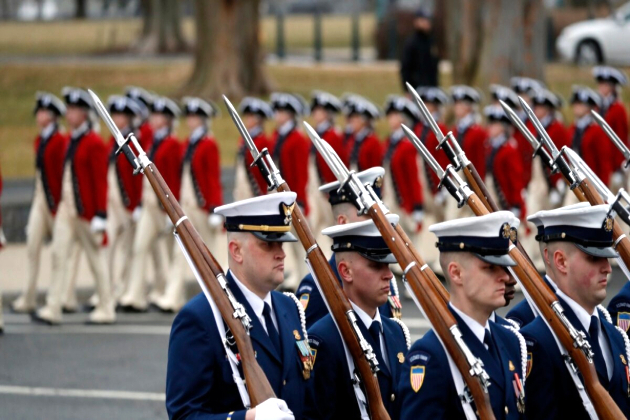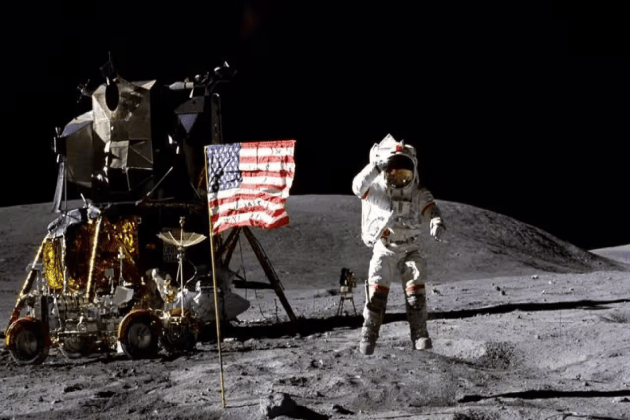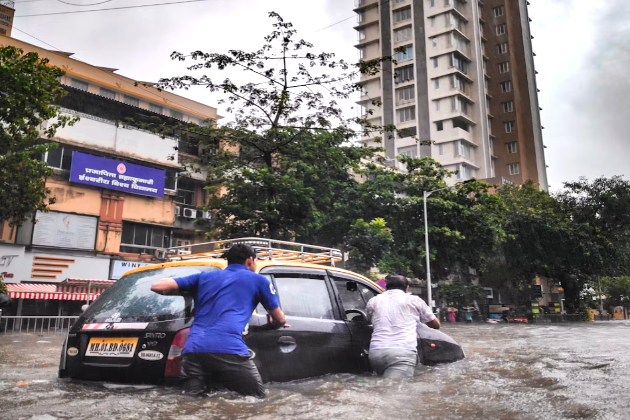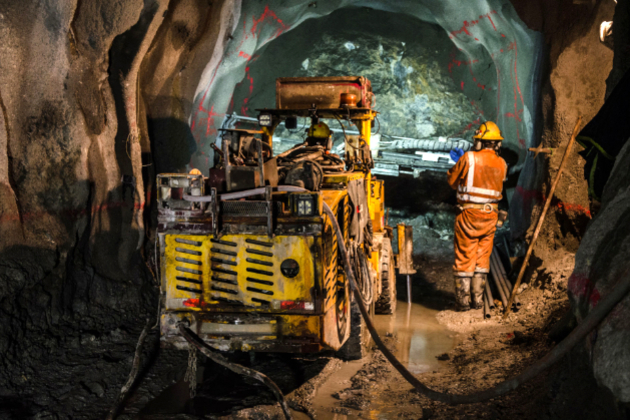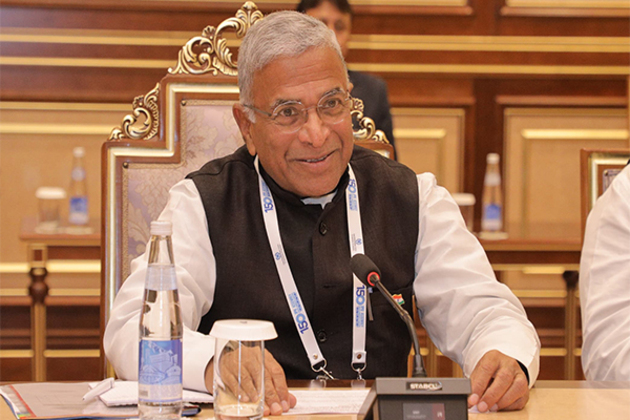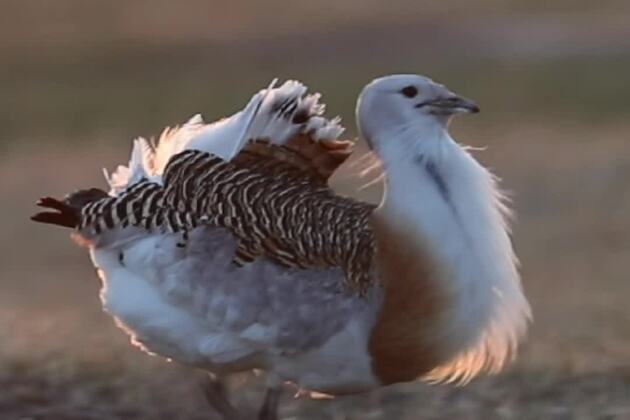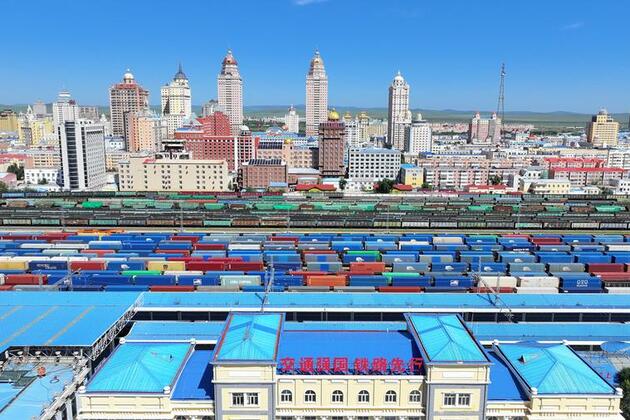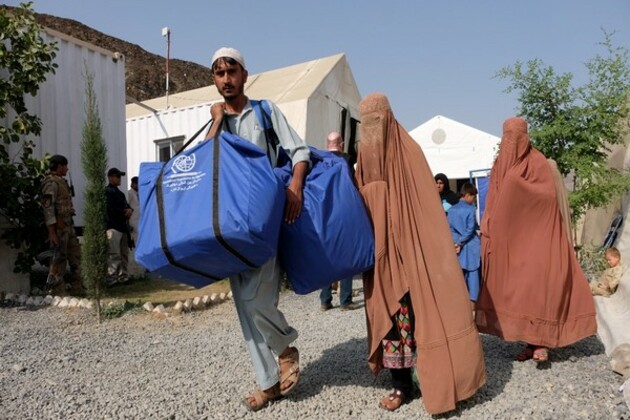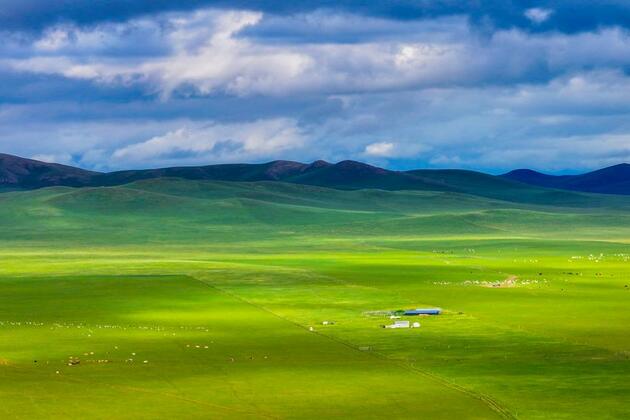Abdullah Says Military Exit from Afghanistan Will Embolden Taliban
Voice of America
02 May 2021, 20:05 GMT+10
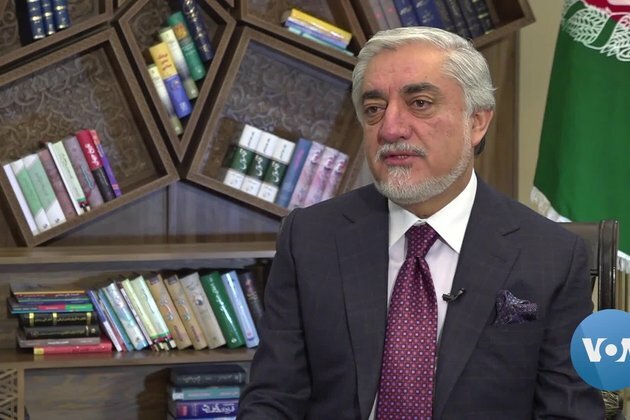
KABUL - The U.S. and its NATO allies officially began withdrawing their remaining forces and equipment from Afghanistan on Saturday.
Abdullah Abdullah, the chairman of Afghanistan's High Council for National Reconciliation, discussed the implications for Afghanistan's peace process and the future of the country, with VOA's Ayesha Tanzeem.
The transcript has been edited for brevity and clarity.
VOA: The U.S. and NATO have started withdrawing their forces from Afghanistan. Do you fear an increase in violence?
Abdullah Abdullah: There is always a possibility of that. Should [the] Taliban choose to increase violence with the hope that they can take advantage of that situation. That's a possibility and I hope that they are not [don't] making that mistake.
VOA: How do you think this announcement of a withdrawal will impact your negotiations with the Taliban?
Abdullah: Natural circumstances when these sorts of situations take place and when one side thinks that because of the vacuum that the withdrawal leaves, it may be able to take advantage of that situation, that emboldens the position of the sides. The one which is more on the military term rather than peaceful means. And that's the concern, that the Taliban position might get further emboldened. Well, as far as their excuses, or the reasons that they were giving, that it is because of the presence of the international forces, it's 'jihad' against foreigners and so on and so forth, so, in three months time, perhaps in less than three months time, there will be no foreign troops on our [Afghanistan's] soil.
VOA: What's the status of Doha negotiations?
Abdullah: Recently, with the announcement of the withdrawal, the Taliban position has changed. Their chief negotiator has gone to Pakistan to consult with their leaders, to take directions, to shape up their position. Earlier their position was that they are going to attack the international forces.
So, as far as the Doha process is concerned, it is still important. So are other opportunities like the conference in Turkey [the Istanbul conference]. It has to be a meaningful event, and both sides have to come to an understanding to make it effective [meaningful].
VOA: The Taliban are refusing to come. Will there be an Istanbul conference if they don't come?
Abdullah: If they don't come to a meeting, which is supposed to be between both sides, then the conference will not take place. They haven't said that they are not coming. They haven't said that they are coming. That has been the problem negotiating with the Taliban all along. They always keep their position vague.
VOA: If the Istanbul conference happens, there are two competing proposals, one is yours, and one is President Ghani's. Which one will you take to Istanbul?
Abdullah: I wouldn't call it two competing proposals. The main elements are the same. Peaceful settlement and an end state in which you get one person one vote. There are different ideas about how to get from here to there. We can put all ideas on the table.
VOA: Are you saying you will take both proposals to Turkey?
Abdullah: I am saying the purpose of Turkey is to have some understanding ahead of time with the Taliban.
VOA: Who is doing that negotiation for that understanding?
Abdullah: The conveners. The U.N., the Qataris, the Turkish government, as well as the U.S. and other facilitators like Germany, Norway, Uzbekistan, Indonesia. These countries are also active behind the scenes.
VOA: Are there any contacts at this stage between the two official negotiation teams?
Abdullah: No.
VOA: Are there any indications of what the Taliban want?
Abdullah: They leave their positions vague. They say, "We want the establishment of an Islamic system," but don't explain what that means. How will the leaders be elected or selected? They want an Islamic Council. Is it elected? If elected, on what basis? They don't share.
VOA: What is in the letter the Taliban recently sent to politicians, including you?
Abdullah: Different groups of Taliban make contact. Sometimes they send notes. The messages are mainly the same. Even in the letter, the position is very vague, and you cannot tell whether it is the position of one group or all.
VOA: Do you think the Taliban want peace?
Abdullah: I hope, and I wish. Otherwise, the war will continue.
VOA: And if negotiations fail, do you fear a civil war?
Abdullah: We cannot rule out that scenario, that the situation will get very difficult for the people and the war will continue. At this stage the Taliban have not said that they are not talking. Let's not lose hope because it will be a worst-case scenario. So, at this stage, the whole focus should be on how to make it work [happen].
 Share
Share
 Tweet
Tweet
 Share
Share
 Flip
Flip
 Email
Email
Watch latest videos
Subscribe and Follow
Get a daily dose of Afghanistan Sun news through our daily email, its complimentary and keeps you fully up to date with world and business news as well.
News RELEASES
Publish news of your business, community or sports group, personnel appointments, major event and more by submitting a news release to Afghanistan Sun.
More InformationInternational
SectionTrump administration weighs summer military parade in D.C.
WASHINGTON, D.C.: The Trump administration is in early talks about holding a large military parade in Washington, D.C., this summer—a...
NASA pick backs moon mission as top priority, easing Mars concerns
WASHINGTON, D.C.: U.S. President Donald Trump's choice to lead NASA, Jared Isaacman, has told lawmakers that sending astronauts back...
Mississippi and Kentucky move toward ending income tax
FRANKFORT/JACKSON: It is been about 45 years since a U.S. state last got rid of its income tax on wages and salaries. But now, Mississippi...
Electric utilities feel the heat as AI needs soar
NEW YORK CITY, New York: As artificial intelligence drives soaring demand for data processing, electric utilities across the United...
Deadly storms flood Kentucky, pose threat to lives, homes
FRANKFORT, Kentucky: Heavy rain over several days caused rivers to overflow across Kentucky, flooding homes and threatening a famous...
Ukraine, US resume talks on critical minerals deal
KYIV, Ukraine: Talks between Ukraine and the United States over a critical minerals agreement are set to continue this week, as officials...
Central Asia
SectionRajya Sabha Deputy Chairman Harivansh underlines India's steps to strengthen accountability at 150th IPU Assembly in Tashkent
Tashkent [Uzbekistan], April 11 (ANI): Deputy Chairman Rajya Sabha Harivansh underlined various steps taken by the Indian government...
60"FlyOverChina | Wildlife wonders from above: a glimpse of the Great Bustard
XING'AN LEAGUE, April 11 (Xinhua) -- Across the vast grasslands and wetlands of Xing'an League in north China's Inner Mongolia Autonomous...
North China's land ports bustling with passengers, cargo trade
An aerial drone photo shows trains for China-Europe freight service at Manzhouli Railway Port in north China's Inner Mongolia Autonomous...
Pakhtun nationalists leaders call on Pakistan to halt deportation of Afghan refugees
Islamabad [Pakistan], April 11 (ANI): Leaders of Pakhtun nationalist parties on Wednesday called on Pakistan to halt the deportation...
Xinhua Headlines: Chinese ambassadors upbeat about prospects of relations with neighboring countries
(250410) -- BEIJING, April 10, 2025 (Xinhua) -- Consumers select products at an exhibition area of an SCO international logistics port...
Inner Mongolia's spring grazing halt begins for grassland revival
An aerial drone photo taken on July 16, 2024 shows the scenery of a grassland in West Ujimqin Banner of Xilin Gol League, north China's...

